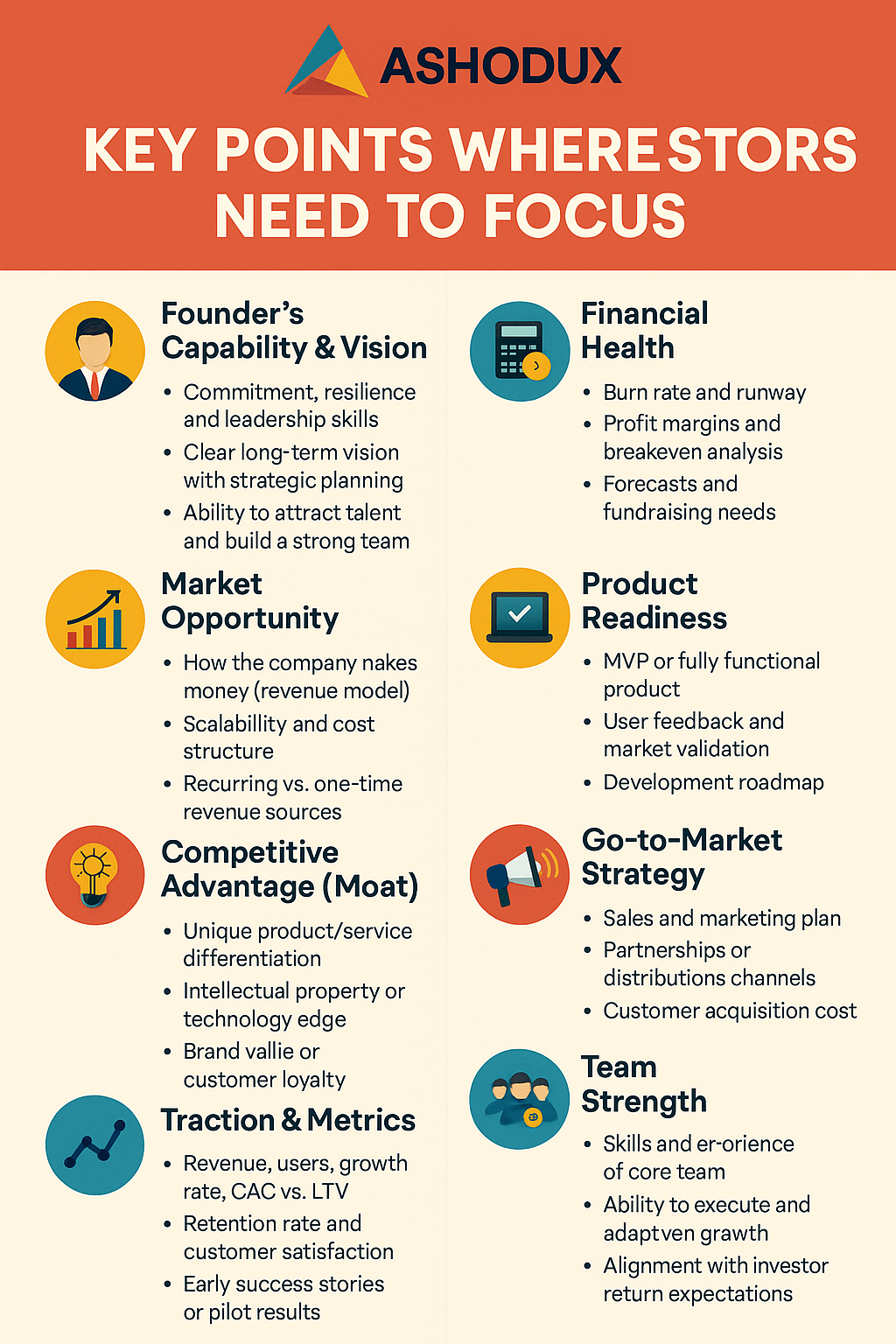Back
HEALTH BEYOND HEALING PVT LTD
Health begins after ... • 1y
The Balance Between Investor Expectations and Business Autonomy In the intricate dance between investors and business owners, the boundaries of influence and control often come into question. The relationship between these two entities is built on trust, with each party bringing something valuable to the table. However, there is a critical distinction that must be maintained to ensure the integrity and independence of the business. An investor, at their core, is much like a customer. They are stakeholders who contribute capital with the expectation of returns. Their primary concern is often the ethicality and profitability of the business model in which they have invested. It is within their right to demand transparency, ethical practices, and a fair return on their investment. However, the extent of their influence should be carefully delineated. When an investor begins to dictate the very model of the business, they overstep their boundaries. In doing so, they transition from being an investor to an employee—albeit one with a unique incentive structure, holding equity rather than a salary. The distinction is crucial because the business owner remains the master of the business's destiny. The owner is the visionary, the one who understands the nuances of the market, the product, and the long-term goals of the enterprise. While investors can provide guidance and insight, they should not overreach into the core strategic decisions that define the business. The owner’s autonomy is vital for the business's success, as it ensures that decisions are made with a clear understanding of the market dynamics and the original vision of the company. Trust is indeed a risk, but it is one that is integral to the investor-business owner relationship. It cannot be measured against the dignity of the business owner, as doing so would undermine the very foundation of the partnership. Trust involves accepting that while the business may face challenges and uncertainties, the owner is best positioned to navigate these waters. It is this trust that allows the business owner to operate with the freedom necessary to achieve success, while still being accountable to the investors. In conclusion, the balance between investor expectations and business autonomy is delicate but essential. Investors must recognize their role as supporters rather than controllers, and business owners must uphold their responsibility to manage the business in a way that aligns with both their vision and their investors’ expectations. Only through mutual respect and understanding can this relationship thrive and lead to long-term success.
Replies (4)
More like this
Recommendations from Medial
Meet Jain
I Want some investor... • 1y
Hii, I am a student and I have soo many business ideas.. when I was in class 4 I have decided that I want to do business and I am very passionate towards business but I want some and investors I want 2 things from a investor first is money and second
See MoreRomin Pokiya
Hey I am on Medial • 1y
A very common and brilliant strategy of most business owner I have seen is when their business reached a height exponentially, they just sell their majority stake to a big player in the market but staying at a position of top management. they get th
See MoreMannan Mahajan
Investment Associate • 1y
For all Early-Stage Startup Founders looking for funding! We at CoFoundr are bridging the gap between startups and venture capitalists, angel investors, and funds. We streamline investor relations, helping you raise your next funding round without t
See MoreDownload the medial app to read full posts, comements and news.












/entrackr/media/post_attachments/wp-content/uploads/2021/08/Accel-1.jpg)



















